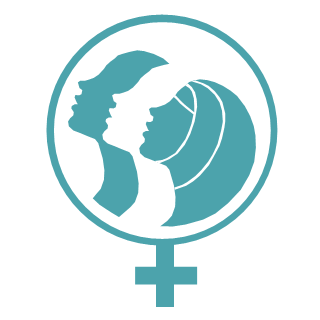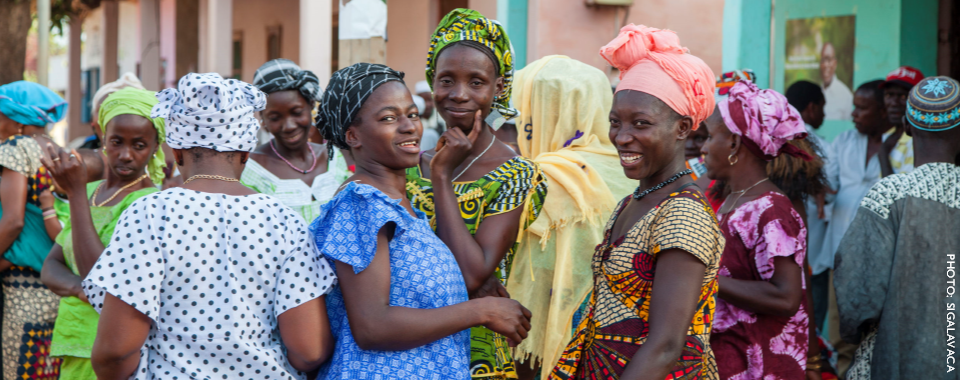 On April 14, 2014 in the village of Chibok in Northern Nigeria, 286 school girls were kidnapped by suspected members of the militant group Jamā’at Ahl al-Sunnah li Da’wah wa-l-Jihād (JAS), often referred to as Boko Haram. In the following months, the attention of the world was suddenly riveted on Nigeria and the tragedy that this failure to protect represented for girls and women everywhere. Unfortunately, however, the Chibok incident, was not the first nor the last time that girls would be the target of exploitation and violence in Nigeria. In addition to a spate of kidnappings and abductions that have occurred across the north for several years, women and girls throughout Nigeria remain vulnerable to the effects of violence and conflict. They are often the first to suffer and the last to be protected.
On April 14, 2014 in the village of Chibok in Northern Nigeria, 286 school girls were kidnapped by suspected members of the militant group Jamā’at Ahl al-Sunnah li Da’wah wa-l-Jihād (JAS), often referred to as Boko Haram. In the following months, the attention of the world was suddenly riveted on Nigeria and the tragedy that this failure to protect represented for girls and women everywhere. Unfortunately, however, the Chibok incident, was not the first nor the last time that girls would be the target of exploitation and violence in Nigeria. In addition to a spate of kidnappings and abductions that have occurred across the north for several years, women and girls throughout Nigeria remain vulnerable to the effects of violence and conflict. They are often the first to suffer and the last to be protected.
It has been widely recognized that one part of the problem is that we often find ourselves in a reactionary position, rather than a preventative one, when events like Chibok occur. Moreover, the social stigma and emotional trauma that women and girls experience make them reluctant to report acts of violence and bring the perpetrators to justice. This “culture of silence” has long pervaded the landscape and must be addressed proactively.
FFP has worked to create a series of Observatory Platforms to monitor and track incidents of VAWG where women and girls are most at risk. The objectives of the Observatory concept are four-fold:
To achieve these objectives, we work with local civil society partners to build upon existing local initiatives and engage community leaders from the education, health, justice and security sectors in the use of a conflict framework for reporting incidents of VAWG. FFP then uses the crowd-sourced, ground level data on incidents and maps them to a digital platform. In order to fill gaps in the information landscape, the VAWG data is also integrated with existing event databases that track conflict for context and cross-validation. Unlike other mapping initiatives, in addition to tracking incidents, we also map Peace Agents across the country who can serve as first responders.
For more information on our work on violence against women and girls, contact us.
